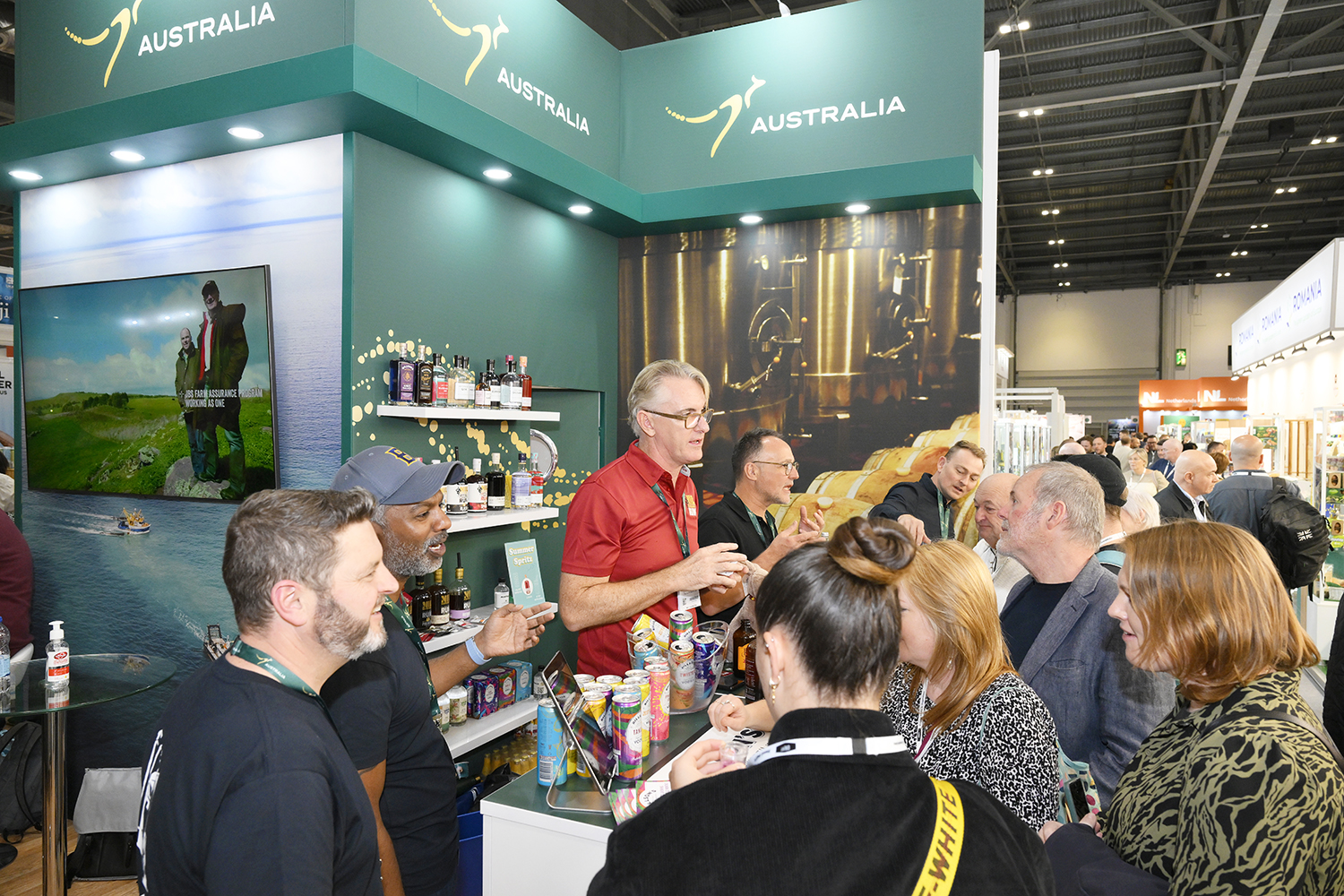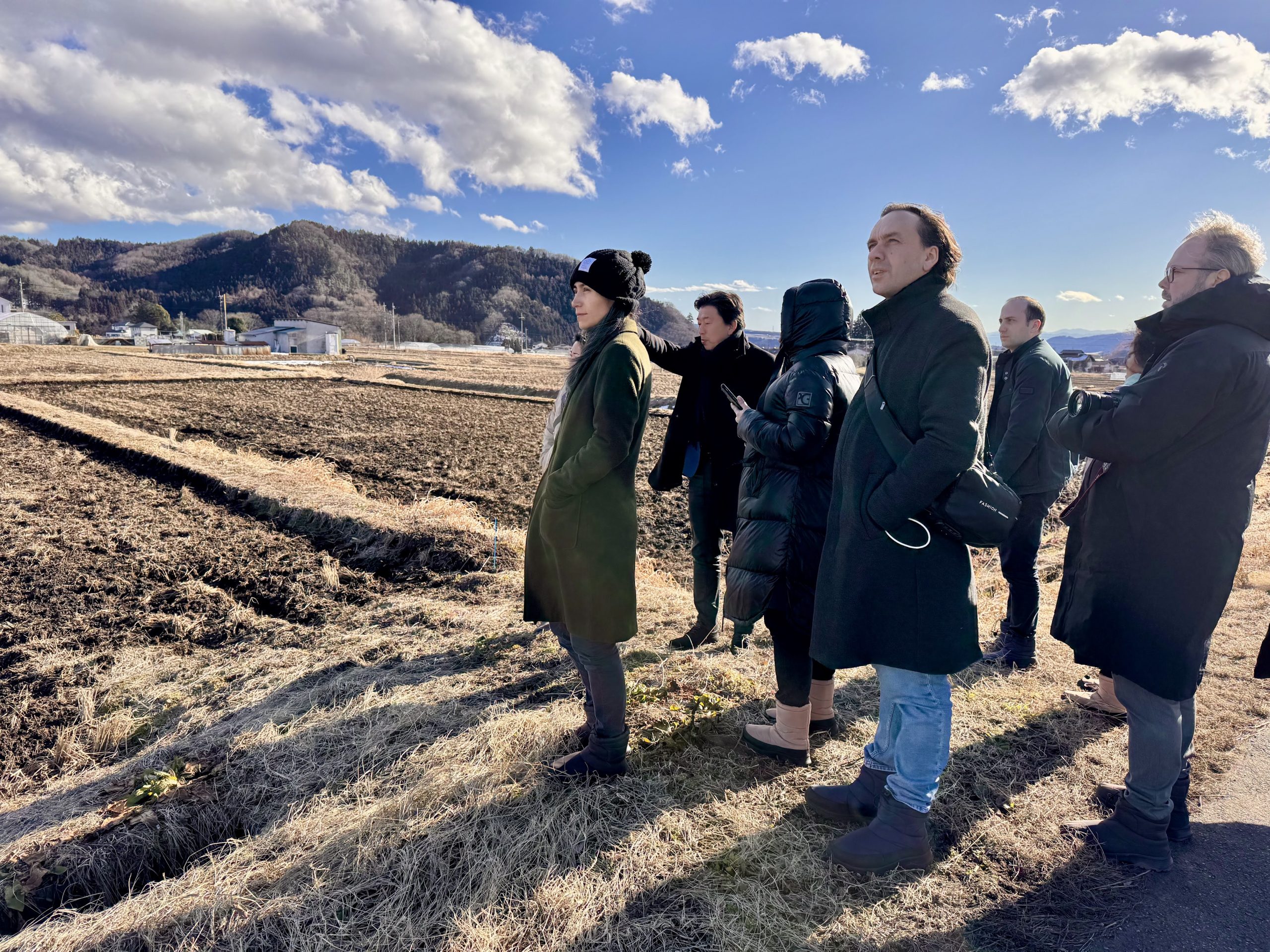The month in drinks: Spirited away
By Spiros MalandrakisThis month’s take on the latest trends in drinks from Euromonitor International’s Spiros Malandrakis sees the launch of a distilled, non-alcoholic spirit as part of a wider movement in the industry.
Seedlip claims to be the world’s first distilled non-alcoholic spirit (Photo: Seedlip)
Opening this year’s innovation series with a non-alcoholic launch might at first glance appear to be a nod to drunken New Year’s Eve resolutions, a clichéd and traditionalist parenthesis in the ever expanding narrative of an industry generically associated with hedonism and indulgence rather than moderation and health attributes. It is anything but.
In fact, the launch of a distilled non-alcoholic spirit merely represents the cusp of a rising wave of innovation disrupting the industry to its core as it is attempting to jump on the accelerating bandwagon of healthier lifestyles, knowingly winking to the millennial generation wholeheartedly embracing them.
It – mostly – began with beer. While non-alcoholic beer has had a long and soberingly underwhelming historic performance and cyclical periods of spikes and troughs reminiscent of relapsing imbibers by the end of a dry January, it has managed to achieve remarkable improvements in flavour, formulation and positioning.
Ideal for tackling religious barriers in a number of emerging markets and the first line of defence against increasingly draconian legislation -Guinness’ non-alcoholic iteration cementing the brand’s halo in Indonesia’s currently dry kiosks is only the latest example- non-alcoholic beer will continue tentatively making inroads as ageing populations and consistent improvements in production expand its core demographic.
Wine, a priori averse to radical experimentation and definitionally incapable of using the ‘non-alcoholic’ tagline in the same sentence, has recently also dipped a grape or two in the trend. Wine-based drinks – a term used to sidestep definitional minefields – have also been expanding their reach primarily on the back of huge improvements in production methods culminating in the use of spinning cone technology that removes the alcohol while preserving delicate aromas and flavours.
Up until recently, non-alcoholic spirits presented such an obvious oxymoron that attempts to be creative ended up as half-hearted mimicking exercises, lacking the body of original products and primarily targeting teetotal demographics trying to emulate a drinking experience they never actually had.
Painfully utilitarian design cues and aggressive brand neutrality attempting to appeal to as wide as possible an audience did not help either. ArKay’s offerings spearheaded that front and appear to secure some niche following in AMEA markets but they suffer from the same approach that all other non-alcoholic variations of alcoholic products suffered before them: The reductive approach- essentially stripping down elements of centuries’ or millennia old products while at the same time struggling to mirror them. And, largely, failing.
Partner Content
And this is exactly why, creating a uniquely adult, distilled non-alcoholic spirit that focuses on small scale production, traceability, localisation and, ultimately, defies categorisation might just be the addition – and not the reduction- the industry itself needs .
The parallels are hence not to be found in historic non-alcoholic drinks stories but rather in the UK’s on-going craft gin revolution or that up until recently little known tonic brand that seems to be currently taking the mixology world by storm; Fever Tree.
Seedlip
Apparently based on distilled non-alcoholic herbal remedies from the Art of Distillation published in London in the year 1651, Seedlip only launched its first 2 batches in November 2015 and is already going through inquiries from 50 countries. The company is planning to launch two further products next year, and eventually wants to install its own craft distillery on the family’s arable farm in North Lincolnshire, where it could grow crops for its drinks.
For further insight, please contact Spiros Malandrakis, Alcoholic Drinks Analyst at Euromonitor International, on spiros.malandrakis@euromonitor.com





Have you considered looki at www.arkaybeverages.com
I believe the article clearly references and comments on Arkay..